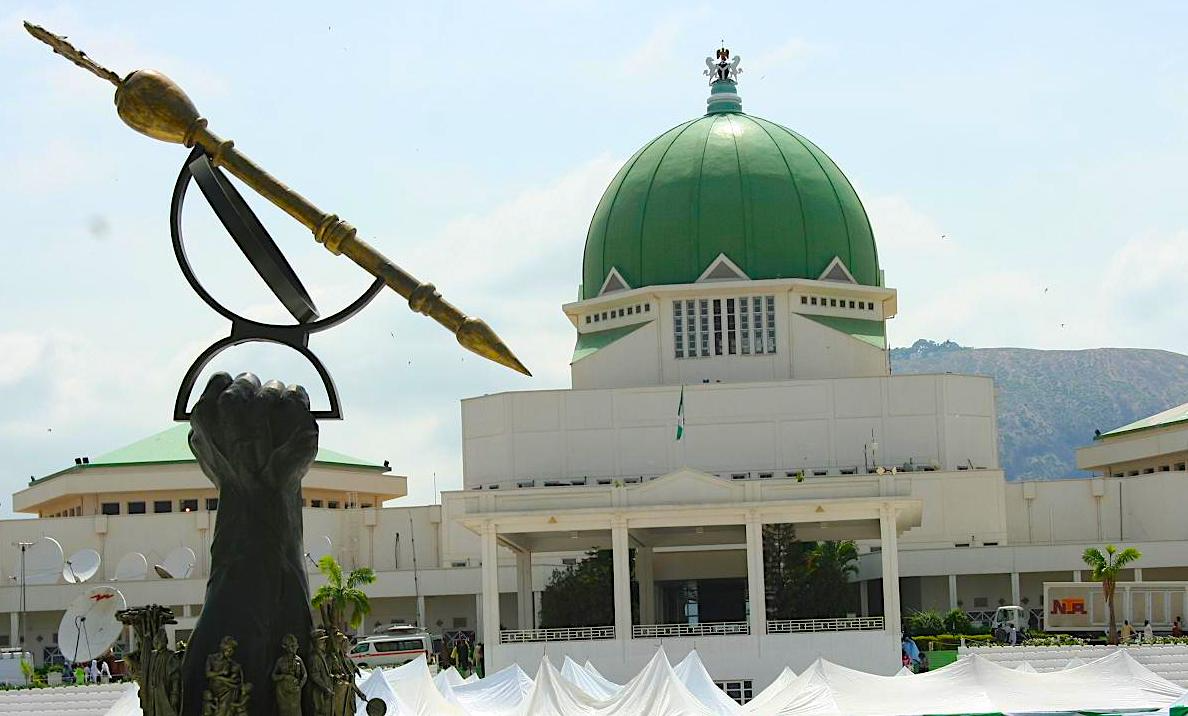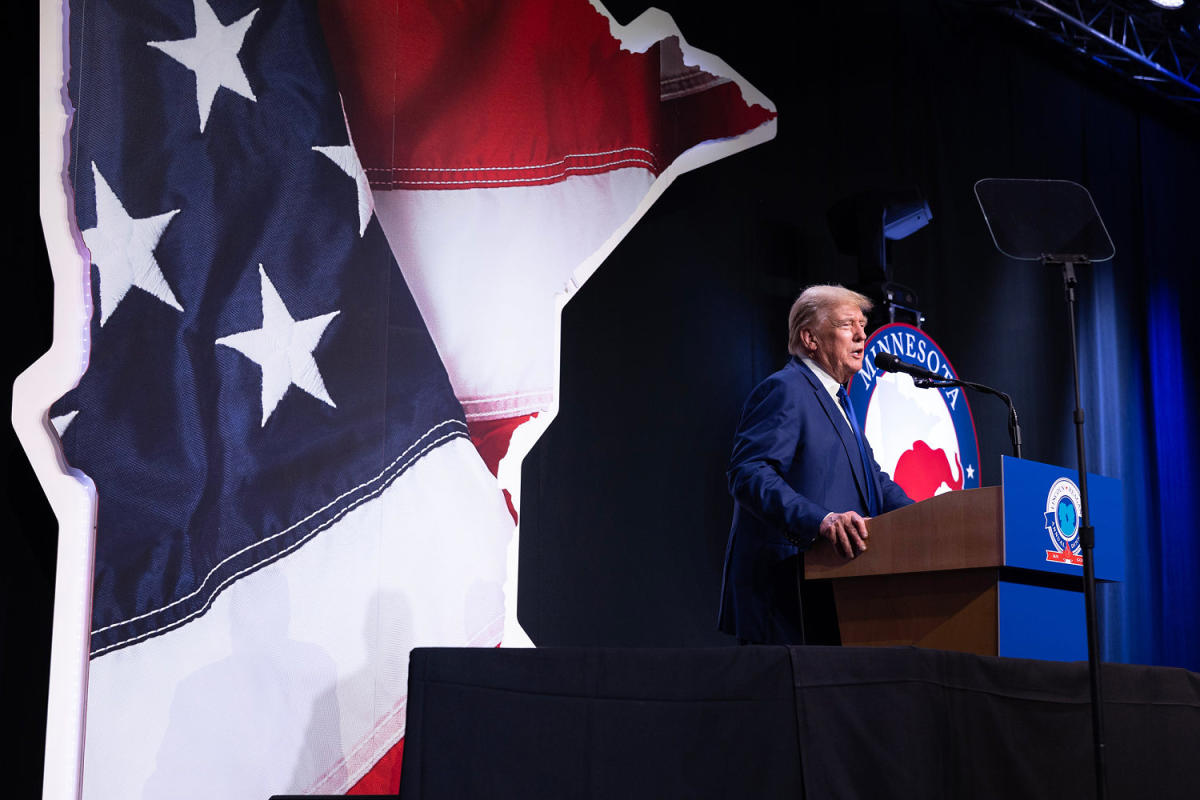Lawmakers Fault Nigeria’s Ease Of Doing Business Record

Nigerian lawmakers at the ECOWAS Parliament have faulted the nation’s records of Ease of Doing Business (EoDB) and attributed the poor economic state of the nation to instability of EoDB.
The lawmakers made this known during the Presentation of country report of Nigeria at the ongoing 2023 First Ordinary Session of the Assembly in Abuja.
The lawmakers in the report presented by Hon. Linda Ikpeazu said: “Nigeria’s record of EoDB is not stable and it is reflective of the ongoing challenges confronting our economy. To improve the situation on 14 February, 2023 the federal government under the leadership of His Excellency, President Muhammadu Buhari, signed into law the Business Facilitation (Miscellaneous Provisions) Act 2023, a legislation that fosters an enabling environment for micro, small, and medium-sized enterprises (MSMEs) in Nigeria.”
According to the lawmakers the “Act among other things would promote accountability and transparency for government agencies and business operations as well as boost technology use in Ministries, Departments and Agencies (MDGs). It would also encourage government to have legally binding agreement with the public, essentially detailing processes, documentation, and timeliness while providing amendments to some Acts such as Companies and Allied Matters Act, The Foreign Exchange (Monitoring and miscellaneous provisions) Act, Nigeria Export Promotion Council Act, National Housing Fund Act and the Nigerian Investment Promotion Commission Acts.”
The legislators said further that with the implementation of the law and consolidation of the reforms, there would be seamless public and private sector partnerships, thereby improving domestic businesses and attracting foreign investments while extensively impacting the economy.
They also said there are presently concerns over the smooth implementation of the 2023 national budget since the budget is largely funded by crude oil benchmarks and loan grants which are momentarily plummeting., lamenting that “this is as a result of inability of the country to find substantial buyers for its crude oil,” insisting that “this deplorable situation could be compounded by strikes in the French refining sector and maintenance at European plants where Nigeria refines her crude oil.”
The lawmakers equally expressed worries over the debt profile and its management by the Nigerian government. They said: “According to the World Bank, Nigeria used 96.3 percent of its revenue generated in 2022 to service debt and the constant fiscal deficit has aggravated the nation’s public debt stock.
“The fiscal deficit was estimated at 5.0 percent of GDP in 2022, breaching the stipulated limit for a federal fiscal deficit of 3 percent. This has kept the public debt stock at over 38 percent of GDP. As a result, the GDP is projected to be negatively impacted by the trade and financial flow repercussions of the anticipated global economic slowdown in 2023.”
They however expressed optimism, insisting that “the federal government of Nigeria is leveraging on the country’s international partnerships to stabilise the economy.
“In this regard, Nigeria and China have deepened bilateral trade relations in agriculture and agro-allied industries, mining, and investments in gas development as well as the digital economy.”
Source
mypresscity




